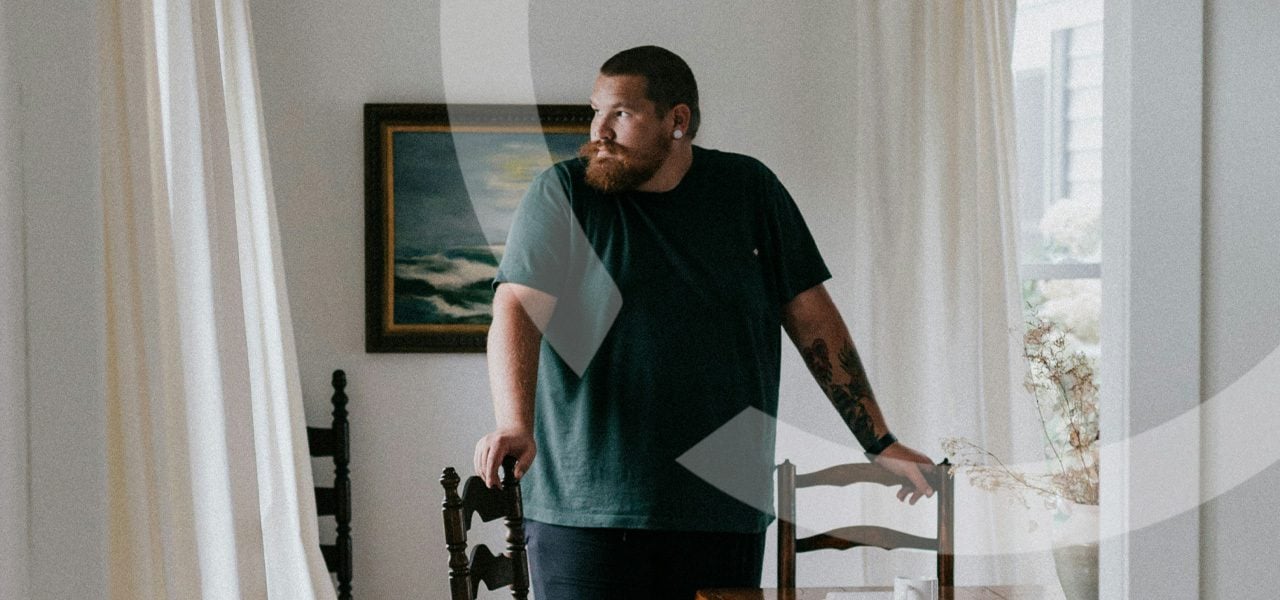When it comes to finding the right program for your recovery, it’s important to note that there are a variety of options available. While some programs don’t recognize things such as your previous experience in therapy, your demanding work schedule, or your commitments at home, an Virtual Intensive Treatment Program (VITP) does, and is a great option for someone looking to recover.
Virtual Intensive Treatment Programs are full treatment programs that act as a great step up or down from where you currently are in your recovery. They are an accessible and affordable middle ground for people with mild-moderate symptoms of mental health or addiction who may not to to or be able to enter into a residential facility for treatment.
By determining whether an intensive outpatient program is right for you and your lifestyle, you are doing valuable research into the type of program that will benefit you the most. In this blog, we discuss some of the factors that can help you decide whether an VITP is the best choice for you. Keep in mind that not all the points listed below need to apply directly to you for an VITP to still be the right choice. Intensive outpatient programs fit into everyone’s recovery differently.
1. You recently finished inpatient treatment
Recovery is an ongoing process that doesn’t just end when you leave an inpatient program. Entering back into your everyday life presents its own set of challenges to tackle. VITPs offer a gradual step down from the work you have done in a residential facility so that you can maintain your growth with a steady support and education. Choosing an outpatient program that offers structure to your recovery will help you to better navigate the re-entry to your working and living environment and set you up for success in your long-term recovery. For those who have completed inpatient therapy and are asking themselves ‘what now?’ intensive outpatient programs are an excellent next step.
2. You can’t take time off from work or family
While inpatient treatments are an ideal environment for recovery, sometimes it is not feasible for you to enter into one when you are balancing work and family responsibilities. An VITP offers the flexibility you need to maintain your current duties, and the structure you need to meet your recovery goals.
While company assistance varies, there is an increased likelihood that employers will support employees in their rehabilitation process if they are able to continue working while they receive care. Many employers have policies in place to offer flexibility in these circumstances and it is always worth speaking with your boss to see if there is support available, whether it’s financial or otherwise.
Many VITPs can also be completed online, which removes more barriers for those who travel frequently or don’t have access to local outpatient services. Online VITPs allow for even more flexibility when trying to maintain the responsibilities of your daily life.
3. You have tried other methods of support but need more
If you have tried different methods of support such as medication, regular outpatient programs, inpatient treatment, counselling, or an app among others, but have found them to be ineffective on their own, an VITP is a great solution. By strategically bundling all the most effective elements of treatment together, VITPs can offer you a treatment plan that is cohesive and supportive. With individual counselling, group therapy, evidence-based techniques such as cognitive behavioural therapy, and an app to tie it all together, the components of intensive programs work together to ensure you have all the support you need.
4. You need more structure and accountability
Recovery is an uphill battle. Without a set plan to prioritize your healing, it can become difficult to maintain your progress after completing a program. Recovery is a life-long fight that requires consistent attention and support. VITPs can offer the structure you need to support a stable recovery. By connecting you with the right technology, people, and resources, these programs can help you maintain accountability for your personal recovery goals and achieve success. An VITP can offer the support you need, while at the same time, providing the flexibility that you need to maintain your busy schedule.
5. You need more support from loved ones
Our loved ones can be huge factors in our progress and play an important role when it comes to your healing. Those close to us are often very willing to help but may not have the knowledge or understanding to do so. VITPs often include family education and therapy to provide your loved ones and those who support you with the tools they need to effectively support you along your recovery journey. This ensures there is mutual understanding across your entire support team, and that you are in alignment regarding the best course of action. What they learn is cohesive with what you learn!
Still not sure if an VITP is right for you? Take our self-assessment!
If any of the reasons above resonate with you, then an VITP is a great plan to look into. EHN Online’s intensive outpatient programs offer the structure and support that you need to get on track and stay there! Beginning with eight weeks of intensive programming, participants will benefit from a combination of individual counselling, group therapy, family support, education about mental health and addiction, and access to our Wagon app to track progress and practice skills. With ten months of aftercare to follow, you can continue to track your progress on our app and learn from peers in weekly group therapy sessions. This network of assistance helps to ensure that you are never without support. Best of all, VITPs make recovery work with your busy schedule, no matter where you are!
A Team That Supports Your Recovery Goals
At EHN Canada and EHN Online, we believe that all families impacted by addiction deserve support. Those who participate in our programs can invite loved ones to join monthly online Family Education Workshops and continuing care groups. In these workshops, friends and family can learn to assist their loved ones as they integrate recovery skills into daily life, as well as receive education on how to maintain their own wellbeing along the way. In addition, Family Aftercare is a weekly group offered virtually for family members.
We make the process of getting the qualified help you need easy. Give us a call to learn more about our services and how we can support you on your journey to recovery. With facilities online and across Canada, we can find a program that’s right for you.
Bellwood (Toronto, ON): 1-800-387-6198
Edgewood (Vancouver Island, BC): 1‑800‑683‑0111
Ledgehill (Lawrencetown, NS): 1-800-676-3393
Sandstone (Calgary, AB): 1-587-350-6818
Gateway (Peterborough, Ontario): 1-705-535-0636
Nouveau Depart (Montreal, Quebec): 1-888-488-2611
EHN Online: 1-888-767-3711
Or contact us by email.
After finding the right program, you can get started on your recovery, supported by EHN Canada, a recognized leader in addiction and mental health services. Wherever your symptoms fall, we can help you find a new and better place to thrive.




